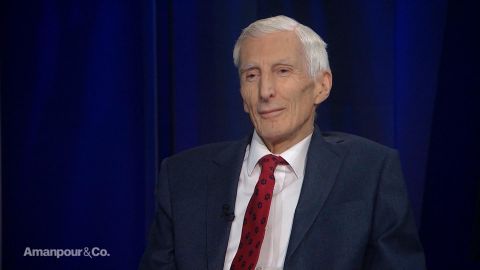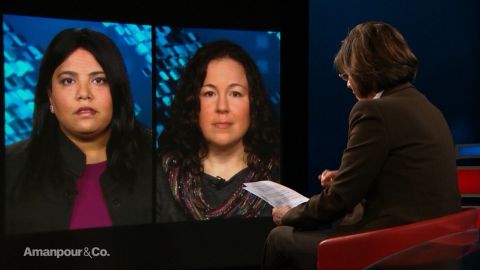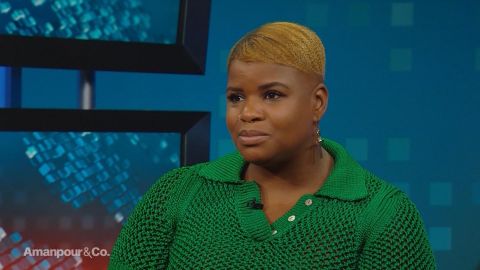Read Transcript EXPAND
LORD MARTIN REES: I think it’s a job of scientists do all they can to get the word out to the wide public, especially in issues like climate and health where it matters and where the public has to decide. So, it’s deplorable. But I’m not sure that it’s worse than it was in the past. I think the main change is that a wider public has a voice. In the past, lots of public were pretty ignorant, more so than anyone today but they didn’t have a voice. And also, I think it’s important to (INAUDIBLE) not to bemoan the ignorance of the public of science and even more than other kinds because it’s equally sad, as I’m sure you would agree, if people don’t know the history of their country, if they can find South Korea or Iraq on a map and many people in your country and mine can’t do even that. And so, that’s sad and it’s also sad if they don’t understand the basics of science because in none of those cases would they be able to have a proper informed debate on the kind of issue which has a scientific dimension but goes beyond science and requires ethics and politics and economics.
CHRISTIANE AMANPOUR: And I guess that’s why some of these the minority of deniers have such a disproportionate impact.
REES: That’s right.
AMANPOUR: So, your new book, “On the Future,” is full of prophecies for humanity. I’m just going to quote what you have described our planet as being, “Spaceship Earth hurtling through the void with its passengers fractious an anxious.” What do you mean exactly?
REES: Well, I mean, that we have long-term issues which we need to address but they’re not addressed partly because of minor disputes which we can’t settle. And so, there’s a big gap between the way things should be and the way things are on the current policies.
AMANPOUR: When you look towards the future, what is the biggest existential threat to our planet? Is it an asteroid collided with the mother ship or what is it?
REES: Not an asteroid because those risks exist but they’re getting no bigger. They were bad for the dinosaurs, they’re bad for us but they’re most unlikely to happen in next century. What I worry about most are the kind of risks that are induced by us humans, either collectively on the climate or the environment or individually, because technology is so powerful that even a few people can have a really catastrophic effect that cascades globally. And as I said in my book, I look at this astronomical perspective a new Earth speed around for 45 million centuries but this is a first, right, one species, maybe the human species has the future the planet in his hands because what we do in this century will determine whether we leave a depleted planet for future generations or whether we can survive sustainably.
AMANPOUR: You know, that’s is an extraordinary comment, the earth has been around for that many millions of decades but this is the first time that a species, our species, faces a catastrophic extinction?
REES: Well, it’s up to us. We could cause a catastrophic extinction but let’s hope we don’t.
About This Episode EXPAND
Christiane Amanpour speaks with Anurima Bhargava and Samantha Harris about rules governing sexual assault on campus and Martin Rees about climate change. Alicia Menendez speaks with sexuality educator Ericka Hart.
LEARN MORE


